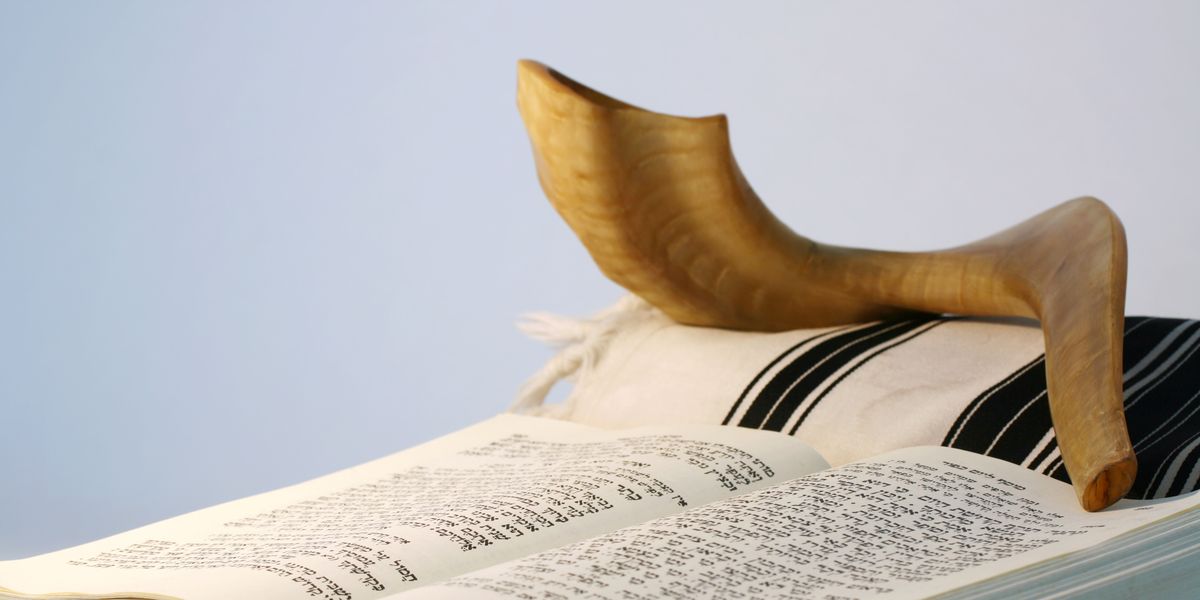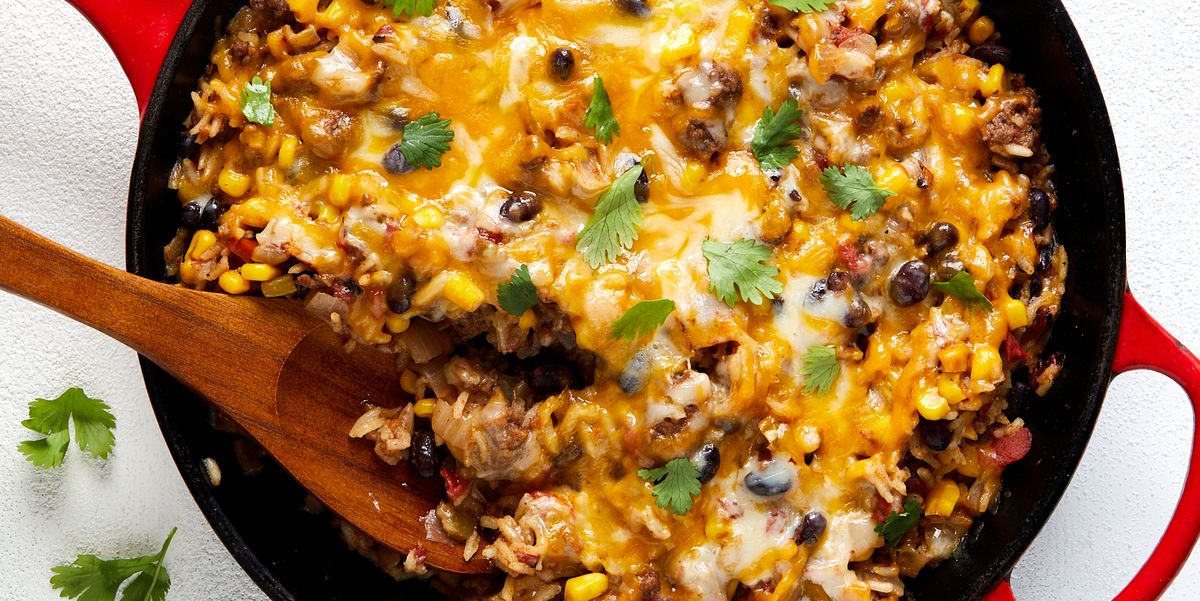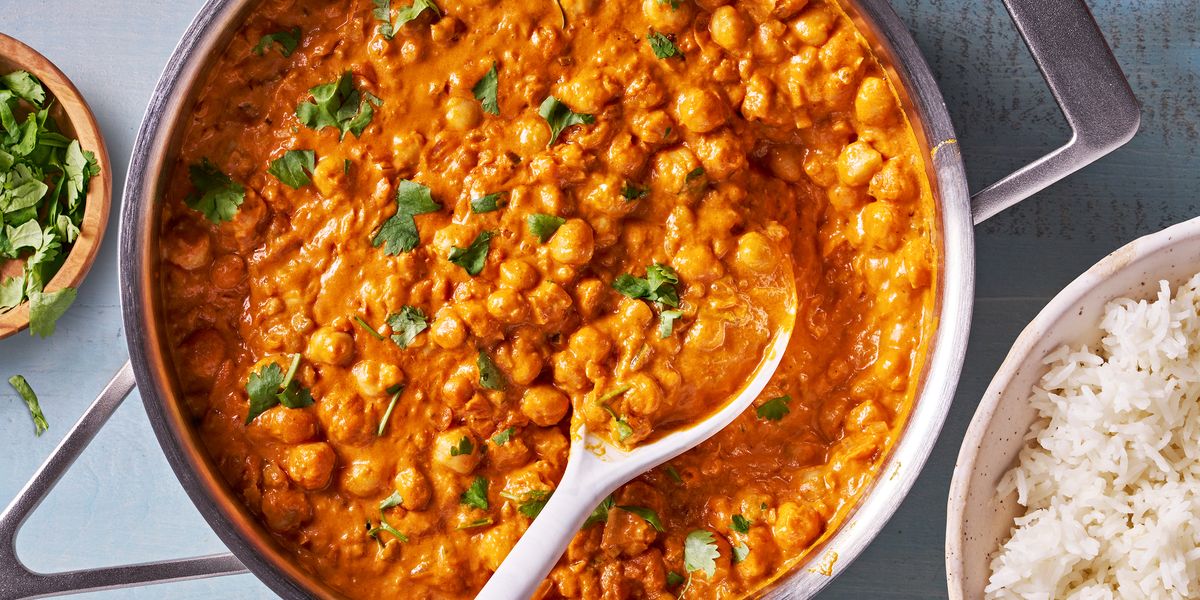
The High Holy Days are upon us, which means Jewish communities everywhere are celebrating the religion’s most important holidays. It all starts with Rosh Hashanah, which is the Jewish New Year. This two-day celebration is observed by hosting a festive meal complete with challah, lots of honey, and more.
Yom Kippur, which falls on September 24-25 in 2023, is the last of the High Holidays and is widely considered to be the most important. And unlike the bountiful spreads you see on Rosh Hashanah, Yom Kippur involves abstaining from eating or drinking altogether.
But what does fasting actually entail? Is everyone required to participate? Are there exceptions? We’re breaking down everything you need to know about the tradition of fasting on Yom Kippur.
What Is The Fast?
Starting at sundown on the eve of the holiday, celebrants abstain from eating and drinking for 25 hours. This also applies to water—whether you’re using it to hydrate or even brush your teeth.
Observant Jews also abstain from applying lotion or oils, wearing leather shoes, bathing, and sexual intimacy for the duration of Yom Kippur. Instead, participants can use the day to focus on their spiritual connection and the atoning of sins.
Why Do People Fast?
Each form of abstinence allows Yom Kippur participants to rise above material concerns and to get in touch with their inner spiritual selves. The focus of the holiday is centered around repentance and prayer.
Is Everybody Required To Fast?
The general expectation is that all adults over bar/bat mitzvah age (which is 12 for girls and 13 for boys) should participate in the Yom Kippur fast.
However, there are plenty of exceptions. Children over the age of nine may gradually begin to participate in Yom Kippur fasts, depending on their age and health.
Many health conditions can preclude people from fasting. Pregnant and nursing women can fast if they feel capable of doing so, but they can also abstain from the practice if it causes discomfort or threatens their health. Elderly, weak, and sick people are exempt from fasting and they actually fulfill the mitzvah by eating instead. The Torah states that guarding your health is ultimately more important than fasting on Yom Kippur. Famously, a rabbi in the 19th century instructed his congregation to skip fasting due to a cholera epidemic.
What Happens If Someone Can’t Last Through The Whole Fast?
Sometimes people start a fast but eventually become too weak or ill to continue for the full 25 hours. In that case, there are exceptions in the Torah. These are small amounts of food and liquid that you can have to regain your strength while technically still fasting. Jews observing Yom Kippur that are at risk of imminent health issues can eat 1.5 ounces of solid food and a “cheek full of liquid.” These can be consumed intermittently at nine-minute intervals until their health is restored.
What Happens After The Fast?
Once the 25-hour fast is over, Jewish people celebrate with friends and family over a meal called Break Fast. It’s common to choose items that can be made in advance so people do not have to wait longer than necessary to get food into their systems. The menu varies from household to household, but in the United States you can often find bagels and lox, kugels, and desserts like babka and honey cake on the Break Fast table.














Leave a Reply